In 2020, the WHO published a road map for NTDs (including Buruli ulcer) targeted for eradication from 2021 to 2030. In this road map, access to better nutrition to strengthen the immune systems and reduce susceptibility was noted. BU is known to be endemic in poor remote rural communities in some parts of West Africa (including Ghana). Although Ghana is undergoing a shift in nutrition, the changes are not ongoing in the rural area but for micronutrients, no evolution has been reported. Malnutrition and undernutrition continue to be reported in rural Ghana.
Nutrition is known to play a role in the pathogenesis of infectious diseases like leprosy and tuberculosis, yet little is known regarding the nutritional profile of communities in Ghana where BU is endemic, the level of risk malnutrition poses to disease predisposition, and how good nutrition may help ameliorate progression in those with the disease.
Our main aim is to investigate the pathogenesis of Buruli ulcer from the perspective of the nutrition, infection, and immune response paradigm.
Objectives:
1. To measure the serum levels of nutritional markers (zinc, selenium, vitamin c, and vitamin B12), and inflammatory markers (high sensitivity CRP, IL-1β, IL-6, TNF-α, IFN- γ) in archived samples of 80 BU patients and 80 matched controls
2. To use existing clinical data for these samples along with the acquired data to assess the following parameters:
a. Correlations between serum nutritional status and acute phase response markers
b. Relative levels of all markers in BU patients vs. controls
c. Relative levels of all markers in BU patients with different disease severity
d. Relative levels of all markers vs. the time taken for BU patients to heal completely
e. Relative levels of all markers vs. BMI in BU patients and controls
Expected outcome
The expected outcome of this study includes:
It will be of relevance to the WHO NTD eradication agenda
it will substantially increase our understanding of the pathogenic mechanism of BU development
it will contribute to knowledge on the role of diet in BU pathogenesis

Team Coordinator
Dr Yaw Ampem Amoako
Phone: +23324 4858075
E-Mail: y.amoako@kccr.de
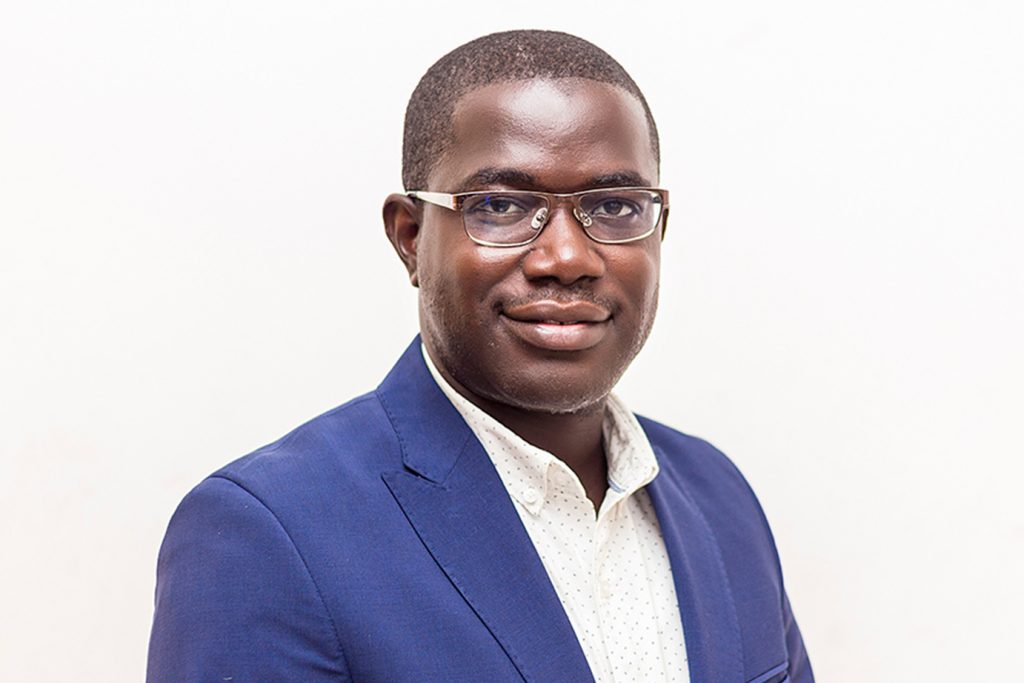
Senior Research Fellow
Dr. Micheal Frimpong
Phone:
E-Mail: mfrimpong28@gmail.com

Health Economist
Dr Jacob Novignon
Phone: +233 24 258 6462
E-Mail: jnovignon@gmail.com



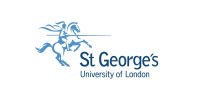
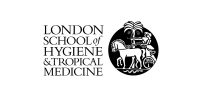
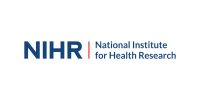
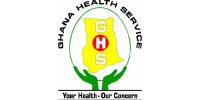
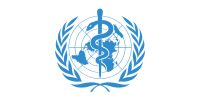
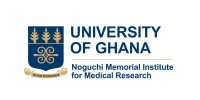
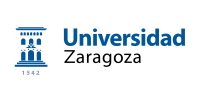


South-end Asuogya Road,
KNUST, Kumasi
Ghana
GPS: AK-312-1059
Monday – Friday
8am – 5pm
Monday – Sunday
8am – 5pm
KUMASI CENTRE FOR COLLABORATIVE RESEARCH IN TROPICAL MEDICINE
Copyright © 2025. All rights reserved